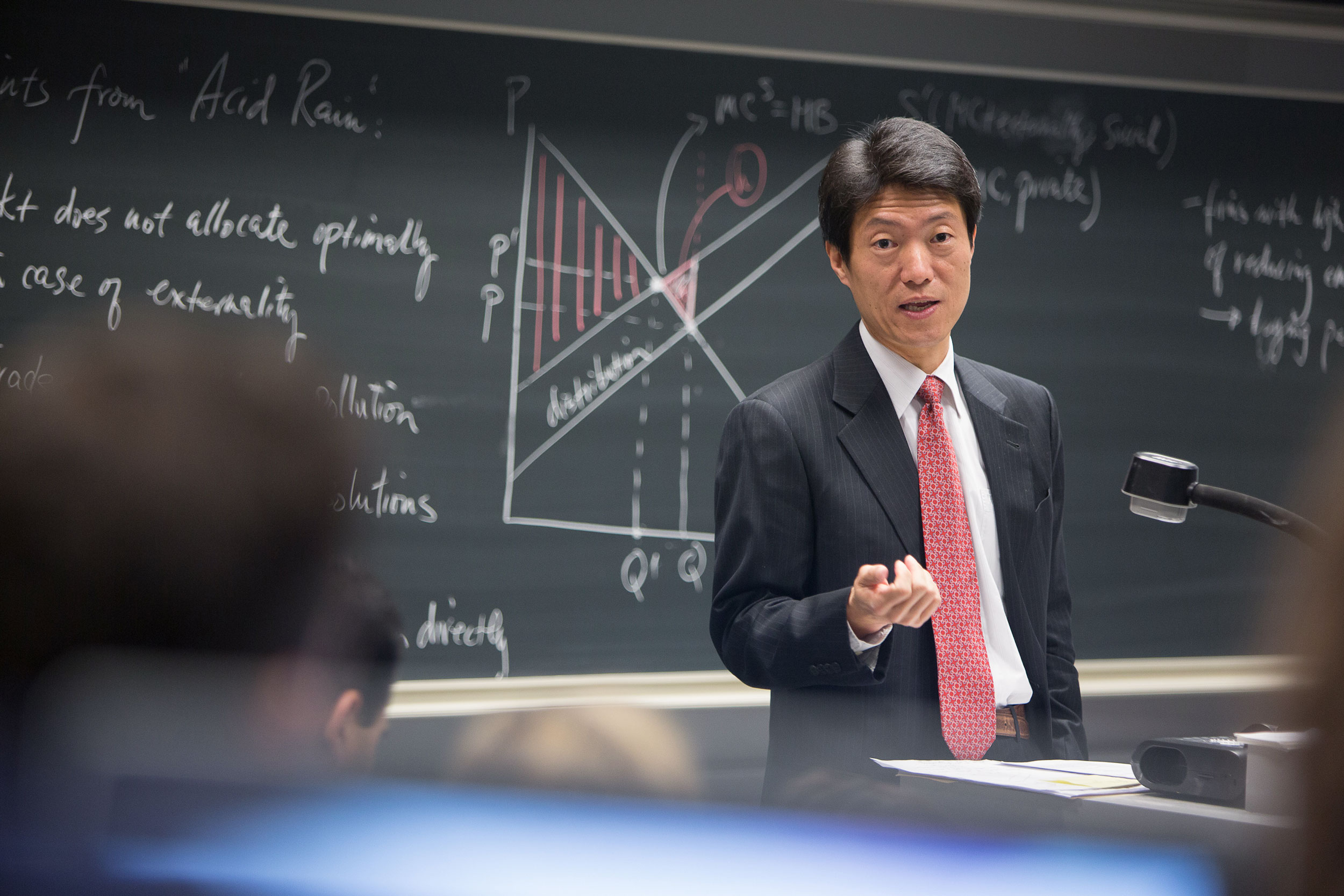Dennis Yang | Source | Professor of Business Administration at University of Virginia Darden School ...

Dennis Yang
Dennis Yang is the Dale S. Coenen Free Enterprise Professor of Business Administration and academic director of Darden’s Asia Initiative. He has taught First Year MBA and EMBA core classes and Second Year electives on emerging markets. Yang's research focuses primarily on economic development and growth, as well as labor economics, especially in the context of China and economic transition. His work has covered a wide range of topics, including household behavior, education, savings, poverty and famine, long-term growth, China's population policies, wage structure and income distribution. He has published in leading economics journals, such as American Economic Review, Journal of Political Economy, Economic Journal, Journal of Economic Perspectives, Journal of Monetary Economics, and Journal of Development Economics. He has also co-edited three books on economic reforms in China and served on the editorial boards of several international economics journals.
-

University of Virginia Darden School of Business
Professor of Business Administration
started Aug 2012
-
Does Anyone Win in a U.S.-China Trade War?
Dennis Yang, academic director of Darden’s Asia Initiative, and Ha Jiming, former vice chairman and chief investment strategist at Goldman Sachs in China, look at the economic impact of U.S.-China trade disputes ahead of a key deadline March 2.
Article -
American execs in China privately express fears of retaliation for Huawei arrest
Many executives working in China have been expressing calm in public, while making plans to leave the country or halt travel.
Article
-
When the U.S. and Canada begin specific actions such as detaining the CFO of Huawei, I am afraid we will expect retaliations from China that will increase the risk of doing business in China
-
On the surface, the central issue of the negotiation is the trade gap. But the real core of the issue is intellectual rights protection, China’s state-sponsored industrial policies and fairness and competition in technological advancement.


